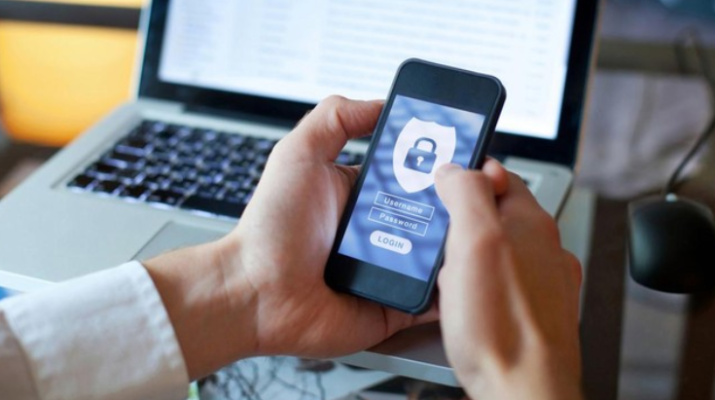ENTRE News – Today’s cellphones are vulnerable to hacking through various sophisticated methods, including without the victim needing to press any buttons, aka zero click. How to deal with this kind of cellphone problem? Hackers can send users a malicious link or attachment in a text message that, once clicked or downloaded, can install malware on the phone.
This can result in unauthorized (illegal) access to the user’s device, resulting in potential data theft. The success rate of phones being hacked via phone calls is small, but this could be part of a larger social engineering or hacking attack.
In telephone-based phishing (Voice Phishing), hackers typically pretend to use legitimate entities to trick users into revealing personal data, such as login credentials or credit card details.
Quoting cybersecurity company AVG Technology, if a cellphone is hacked, it is important to mitigate potential damage and threats to access to personal data. Here are what you can do if your cellphone is hacked :
Disconnect your phone from the internet
Turn off Wi-Fi and cellular data connections to cut off any possible connection between your phone and hackers. This will stop further data theft device access.
Remove suspicious applications
Be alert for new apps, either those installed before the hack or if they suddenly appear. It is best to uninstall it immediately, because it may contain malicious software (malware) or trigger hacking.
Run an anti-malware scan
Perform an anti-malware FOR4D or antivirus scan that can detect and remove malware on Android or iPhone phones.
Perform a factory reset on the phone
Try performing a factory reset on the phone to reset system settings, remove self-installed and infected apps, and help remove malware. However, a reset can also erase all other data, so back up important files and apps first.
How to prevent
After all, the best way to protect your phone from hacking is prevention. It may be difficult to restore your phone to its original state after a cyber attack, so it’s best to avoid it.
Here are some ways to add an extra layer of protection to prevent phone hacking:
Install important updates
Always perform operating system and application software updates that include security patches for newly discovered vulnerabilities.
Use a strong password
This includes enabling Two-Factor Authentication(2FA) on user accounts
Use a VPN
VPN encrypts web traffic every time a user connects to the internet, this helps stop snooping especially on public Wi-Fi.
Clear cache
Hackers can steal sensitive data stored in the user’s cache or inject it with malicious code. Regularly clearing the cache on Android or iPhone can reduce the potential for the phone to be hacked Reduce the amount of personal data on your phone. The more personal data stored on a cellphone, the bigger the ‘prize’ for hackers. Therefore, save as much personal data on your cellphone as possible.
Turn off Bluetooth
Bluetooth allows hackers unauthorized access to cell phones. Therefore, turn off Bluetooth when not in use and do not trust unknown Bluetooth devices.
Change SIM Pin
SIM cards often have a default pin code that is easy to hack. Changing the SIM FOR4D pin can prevent hackers from gaining unauthorized access to the SIM and cellular network.
